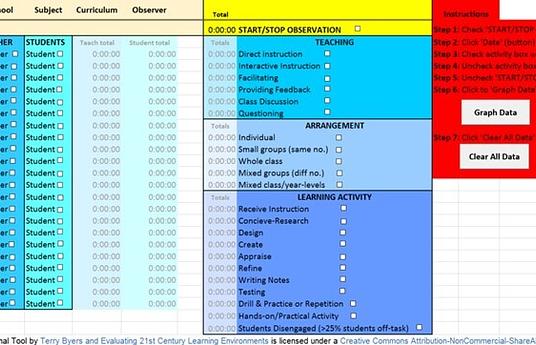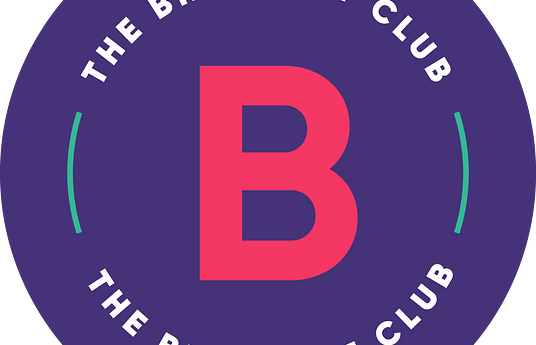Relationships matter
Research shows that having a range of close relationships is beneficial to physical and mental health. It tells us that well connected people live longer and more productive lives than those who are socially isolated; that they are happier at home and at work; that they experience a greater sense of belonging; and that they both participate more in their communities and require less support from social and health services over time.
Better relationships between people - what we call relational health - also improve individual and group well-being, self-esteem, motivation and social engagement. In turn, these enable people to overcome disadvantage and achieve better outcomes in a range of areas, including academic achievement and workplace productivity.
We believe that the right time to start prioritising relational health is in childhood. Indeed, our vision is to improve society by strengthening the quality of relationships between people, starting with children in schools.
What we do
We measure how close people feel to one another in and around schools, using a proprietary model - the Relational Proximity Framework - in which relationships comprise a number of domains, and are driven by the quality of interaction in these domains.
For young people, experiencing better relationships between those around them, and also between themselves and others, results in better mental health and behaviour, lower rates of absence, bullying and disengagement, and improved progress and attainment. Our hope is that young people who have experienced better relationships in their schools will go on realise the benefits for themselves in later life, but also to improve society more generally through being better able to develop healthy relationships themselves.
Critically, schools themselves benefit as organisations from being more relational in their practice, seeing more engaged and motivated employees, better staff retention, healthier and less dysfunctional systems, and - as a result - the achievement of aims that relate to student progress and achievement. What’s not to like?
How we do it
We use a range of qualitative and quantitative research tools to explore how relationships work in schools and other settings, and to measure the relational impact of new and existing approaches to teaching, learning and leadership. For example, we explore:
The dynamics of student-student relationships … how these interact with other variables and how small changes to practice can improve relational health dramatically
We look at teacher-student relationships, and at how they enhance or inhibit the achievement of intended aims
We look at the quality of parent-teacher relationships, and at the nature of group dynamics in departments, staffrooms and boardrooms
And we study the nature of interaction at the relational interface between collaborating organisations (schools or MATs, for example), so that system efficiency can be more easily realised.
In summary, we research relationships, and interpret our findings through a lens coloured by theory and evidence from the behavioural sciences, systems thinking and organisational management.
At the core of our work is a portfolio of questionnaires which people take online, and which enable us to empirically score closeness in a relationship between two people, and thereby better understand what’s really going on at the level of human interaction. When we collect other data as well - demographics, achievement, psychometrics, etc - we can also begin to explore both what might be driving or influencing relational health, and what impact relational health might be having on other variables.
Why we do it
Because the stakes are so high.
Students’ experience of school, and of the relationships they encounter there, has a remarkable impact on their mental health, which in turn affects their ability to develop psychologically, emotionally, intellectually and spiritually; to maintain a sense of personal well-being; to sustain satisfying personal relationships themselves; to develop a sense of right and wrong; and to learn how to resolve problems when they arise.
Stepping out a bit from the classroom and from schools, we also know - from the work of people like Susan Pinker and Helen Pearson, and from the 80 year Harvard Study of Adult Development - that connectedness and close relationships have more of an impact on health, development, happiness and longevity than money or fame, cholesterol levels, drinking or smoking.



